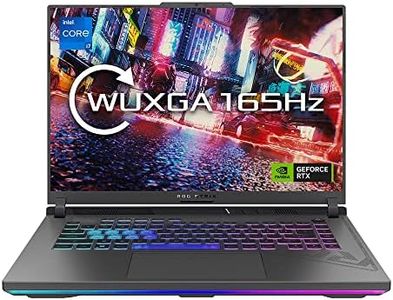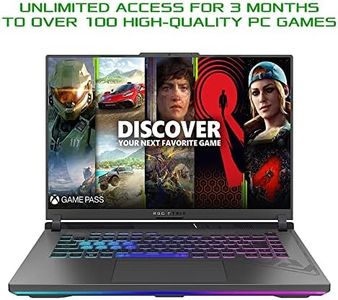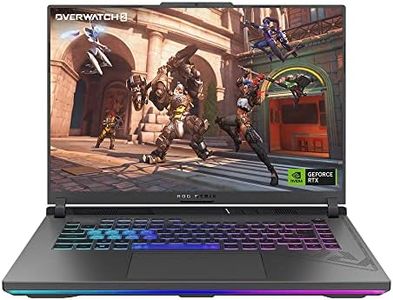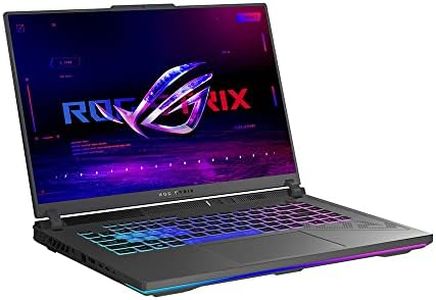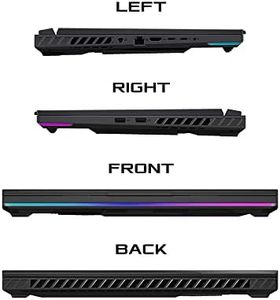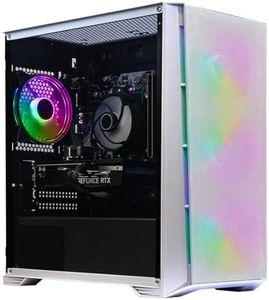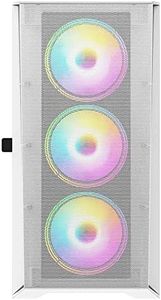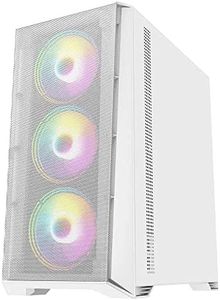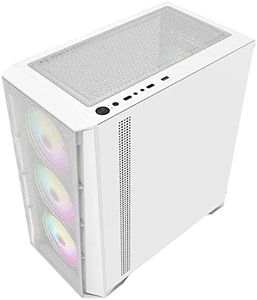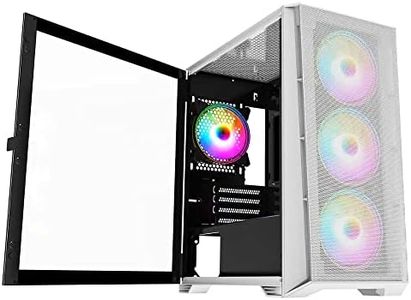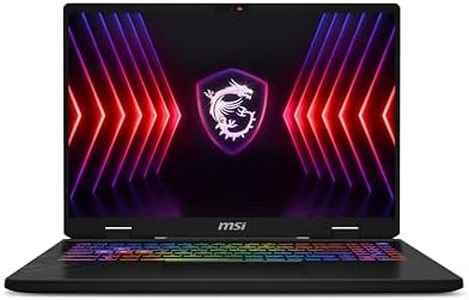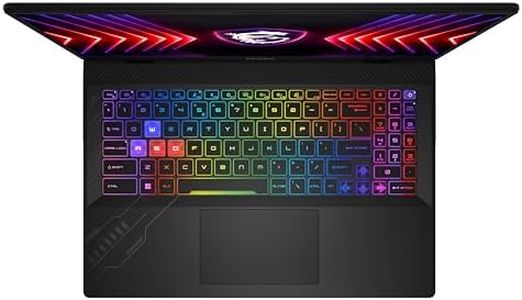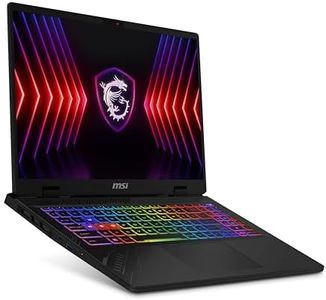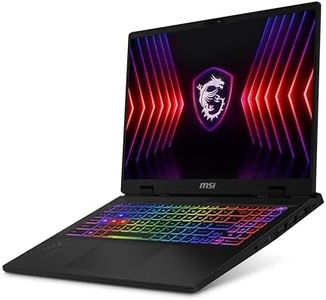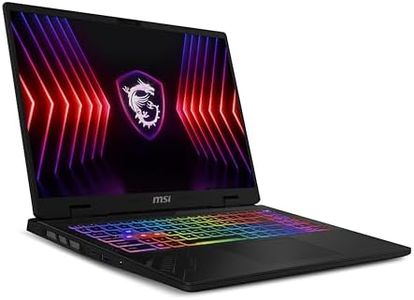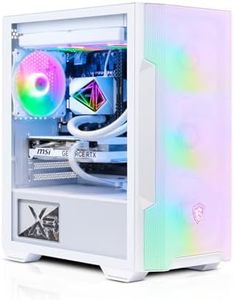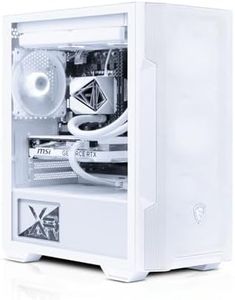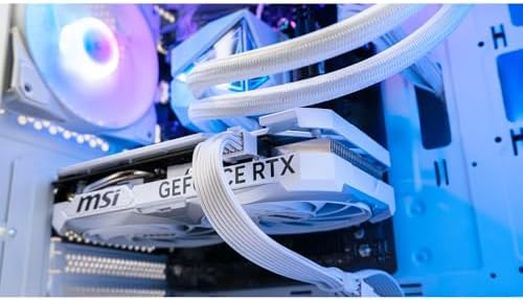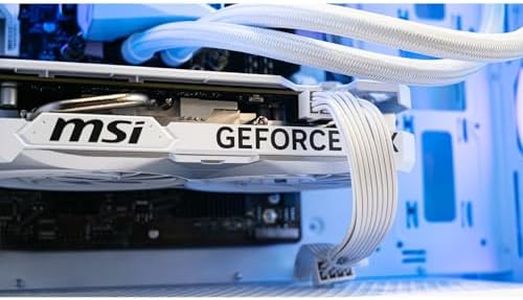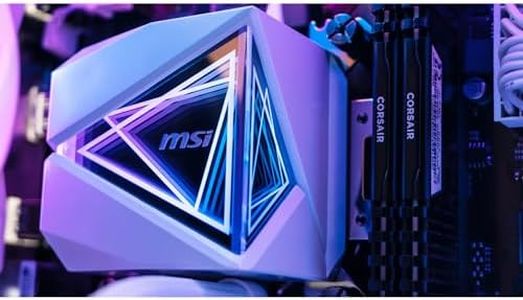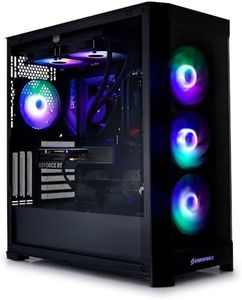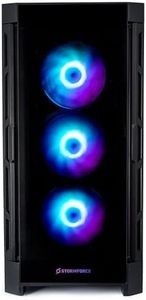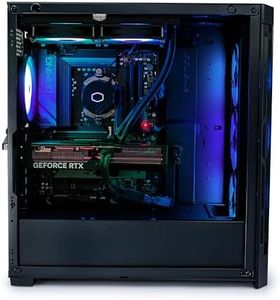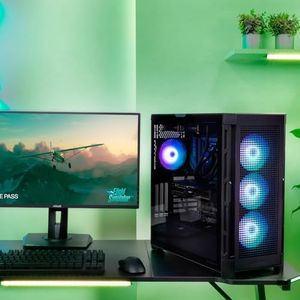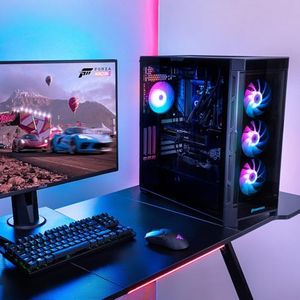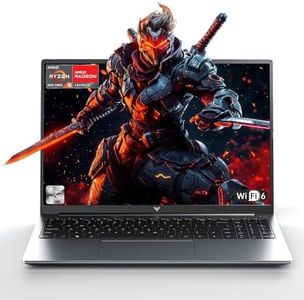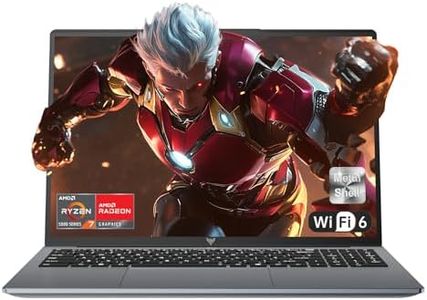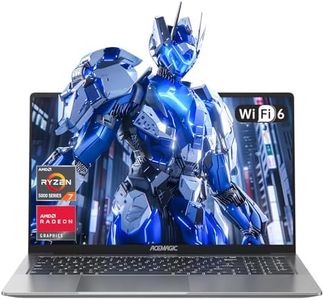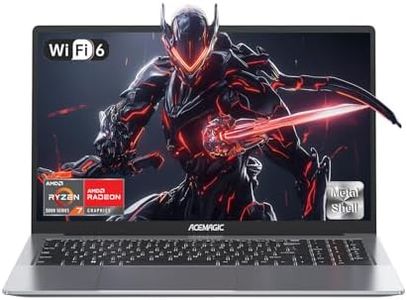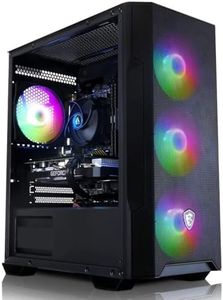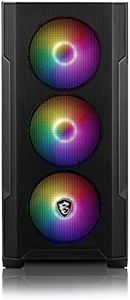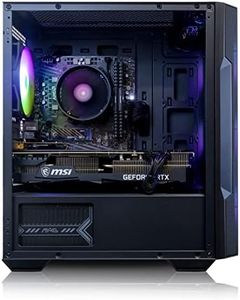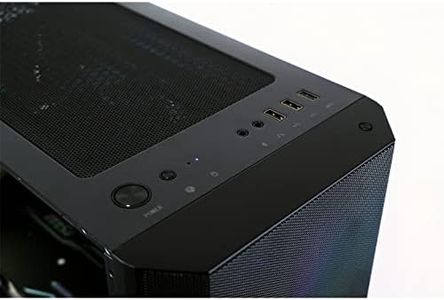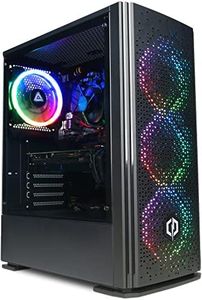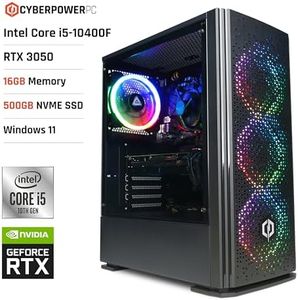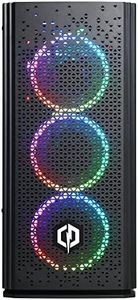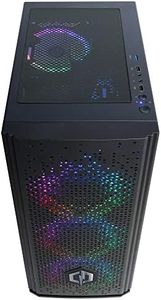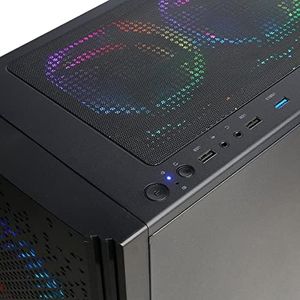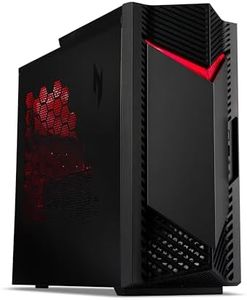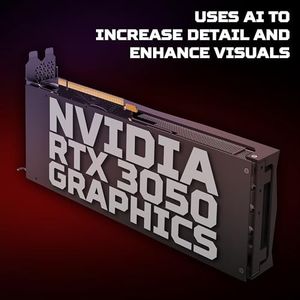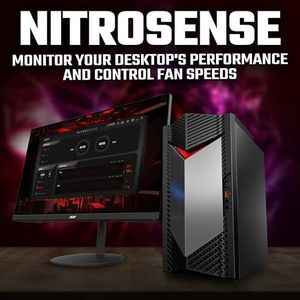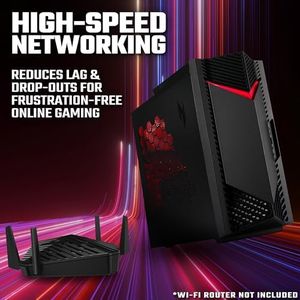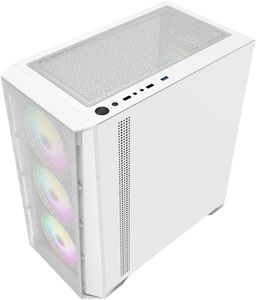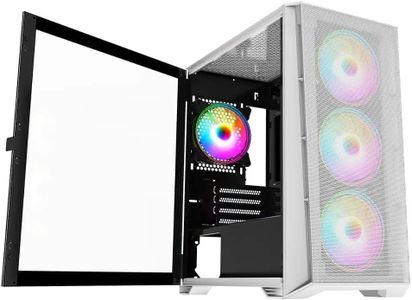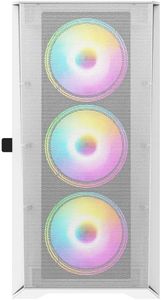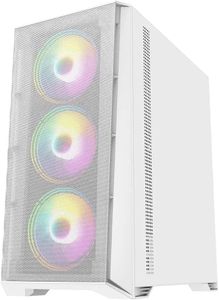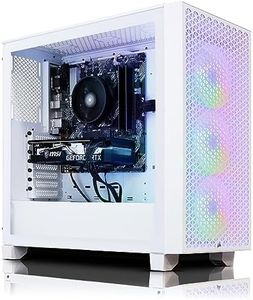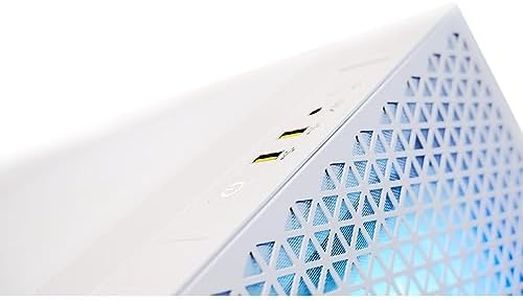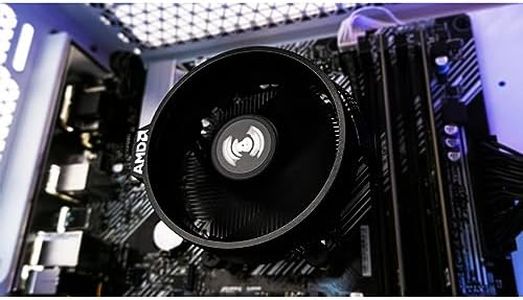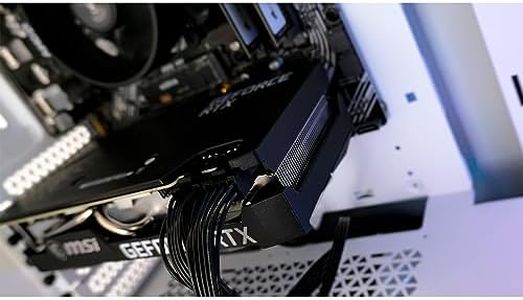10 Best Gaming Pcs 2025 in the UK
MSI Crosshair 16'' 16:10 QHD+ 240Hz Gaming Laptop - (Intel Core i7-14700HX, Nvidia GeForce RTX4070, 16GB RAM, 1TB SSD, Windows 11 Home) - Cosmos Grey
MSI Crosshair 16'' 16:10 QHD+ 240Hz Gaming Laptop - (Intel Core i7-14700HX, Nvidia GeForce RTX4070, 16GB RAM, 1TB SSD, Windows 11 Home) - Cosmos Grey
Stormforce Crystal Gaming PC – NVIDIA GeForce RTX 4070 Ti 12GB, Intel Core i7-12700F, 1TB SSD, 16GB RAM, WiFi 6, Windows 11, COUGAR Duoface Pro Case (Amazon Exclusive)
Stormforce Crystal Gaming PC – NVIDIA GeForce RTX 4070 Ti 12GB, Intel Core i7-12700F, 1TB SSD, 16GB RAM, WiFi 6, Windows 11, COUGAR Duoface Pro Case (Amazon Exclusive)
Our technology thoroughly searches through the online shopping world, reviewing hundreds of sites. We then process and analyze this information, updating in real-time to bring you the latest top-rated products. This way, you always get the best and most current options available.

Our Top Picks
MSI Crosshair 16'' 16:10 QHD+ 240Hz Gaming Laptop - (Intel Core i7-14700HX, Nvidia GeForce RTX4070, 16GB RAM, 1TB SSD, Windows 11 Home) - Cosmos Grey
The MSI Crosshair 16'' laptop is designed to cater to gaming enthusiasts by offering a robust set of features. It boasts a powerful Intel Core i7-14700HX processor, which supports high-performance gaming and multitasking. Complementing the CPU, the Nvidia GeForce RTX 4070 graphics card with 8GB of dedicated GDDR6 memory ensures that the laptop can handle demanding games and graphics-intensive tasks smoothly. With 16GB of DDR5 RAM, the laptop strikes a good balance between speed and efficiency, though gamers who often run multiple applications simultaneously might consider upgrading to 32GB for optimal performance.
The laptop’s 16-inch QHD+ display features a 240Hz refresh rate and full DCI-P3 color coverage, promising vibrant and fluid visuals—ideal for fast-paced gaming. The IPS-level panel reduces glare and enhances viewing angles, which is a plus for extended gaming sessions. Storage needs are well-catered for with a 1TB NVMe PCIe SSD, providing ample space for games and fast load times.
One of the strengths of this laptop is its cooling system, which is crucial for maintaining performance and longevity during intense gaming sessions. However, the laptop’s size and weight (4.55 kg) might make it less portable compared to smaller, lighter alternatives. Users will appreciate the backlit keyboard and the connectivity options, including four USB 3.0 ports, Bluetooth, and Wi-Fi 6 (802.11ax), which ensure fast and stable connections. Powered by Windows 11 Home, the laptop offers the latest in operating system features and security. This laptop seems well-suited for serious gamers who prioritize performance and display quality over portability.

